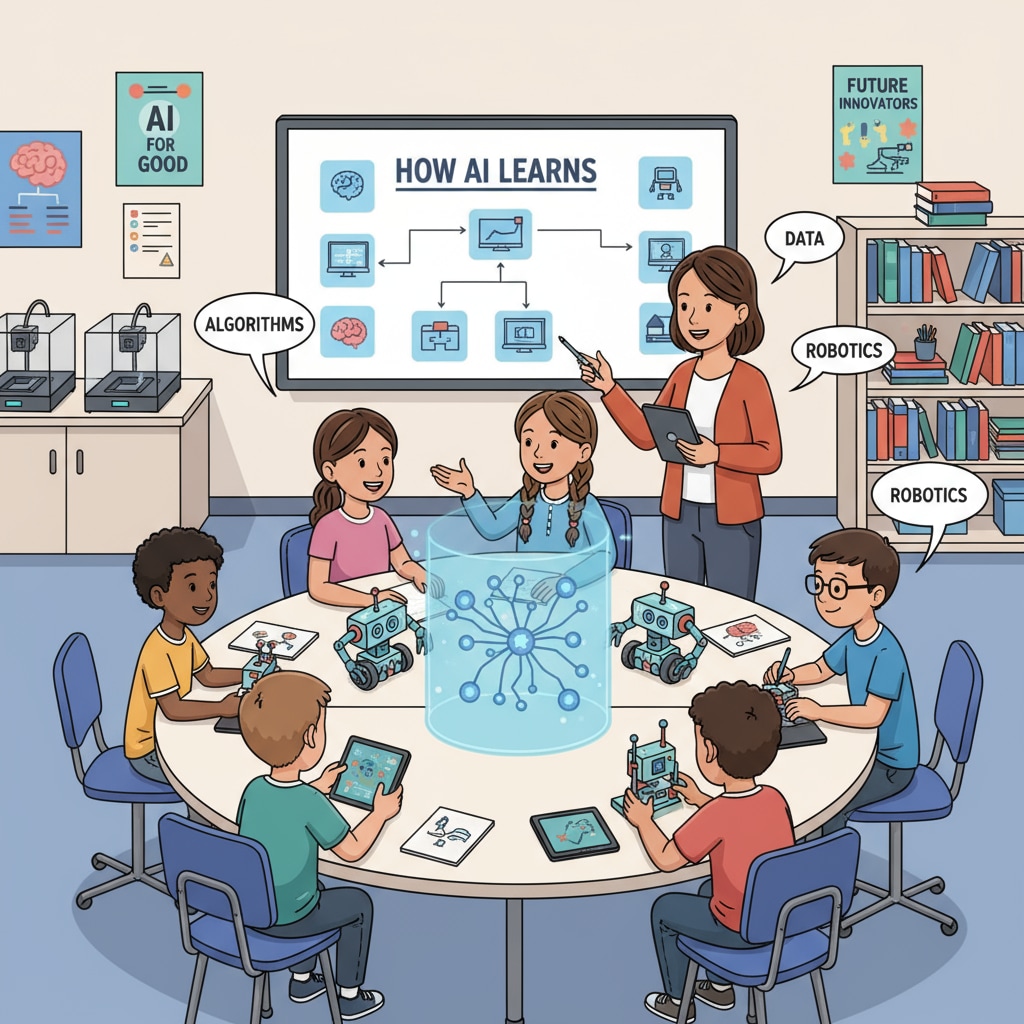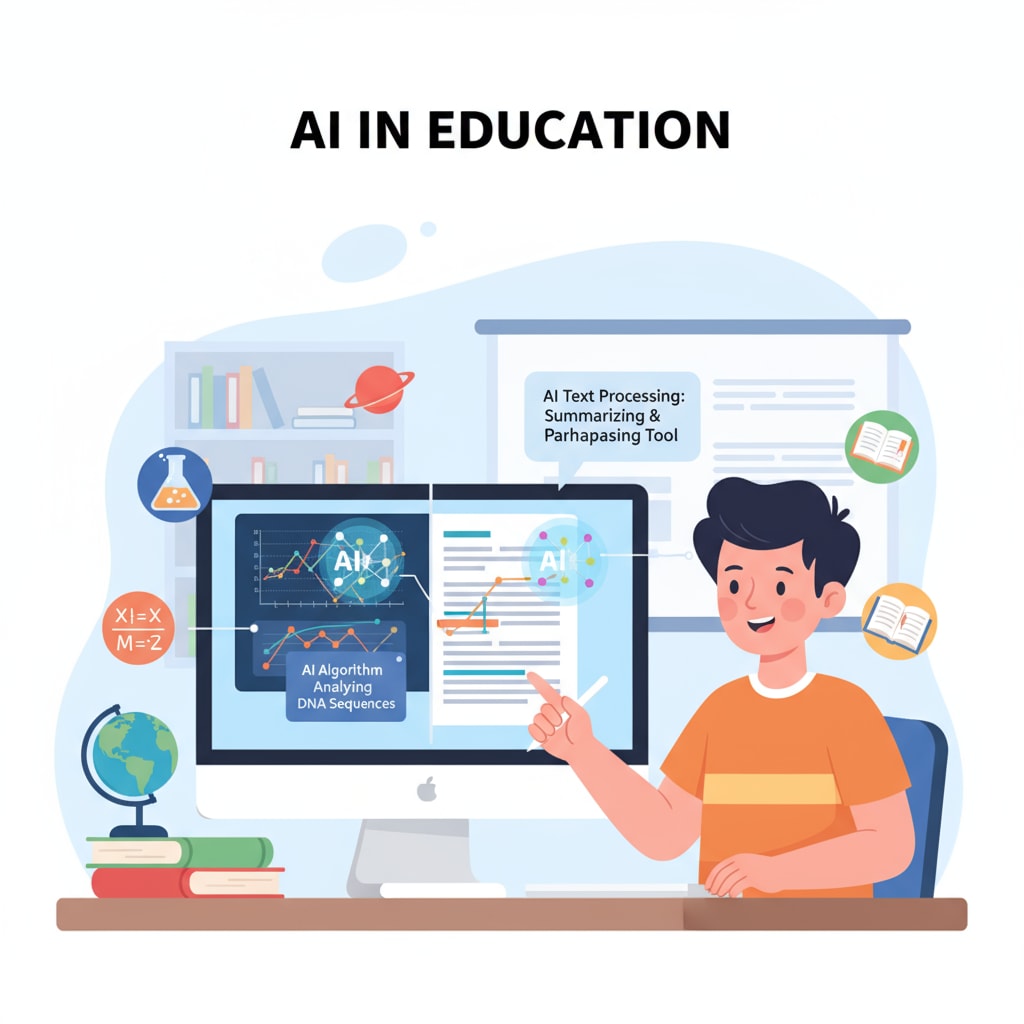AI courses, prompt writing, and social popularization are becoming increasingly relevant in the landscape of modern education, especially when considering the future of K12 education. As artificial intelligence continues to reshape various aspects of our lives, from healthcare to transportation, the need to integrate AI education into the K12 curriculum has become more pressing than ever.

The Necessity of AI Education in K12
In today’s digital age, AI is everywhere. From voice assistants like Siri and Alexa to recommendation algorithms on streaming platforms, it has become an integral part of our daily lives. Therefore, introducing AI education in K12 is essential. For one, it helps students develop critical thinking skills. AI systems rely on data and algorithms, and understanding how they work enables students to analyze and evaluate information more effectively. Additionally, it fosters creativity. Students can use AI tools to create unique content, such as generating art or writing stories. According to Britannica’s entry on artificial intelligence, AI has the potential to transform education by providing personalized learning experiences. This shows that starting AI education early in K12 can better prepare students for the future job market, which is likely to be dominated by AI-related fields.
Possible Course Forms of AI Education in K12
The form of AI education in K12 can vary. One approach could be a dedicated AI course that covers the basics of AI, including what AI is, how it works, and its applications. This could involve hands-on projects where students learn to build simple AI models. Another form could be integrating AI into existing subjects. For example, in science classes, students can use AI to analyze data from experiments. In language arts, they can explore how AI is used in natural language processing for tasks like grammar checking and text summarization.

These integrated approaches can make AI education more accessible and relevant to students. As stated on Wikipedia’s page on artificial intelligence in education, integrating AI into the curriculum can enhance students’ understanding of both the technology and the core subjects.
When it comes to implementing AI education in K12, several steps can be taken. First, teacher training is crucial. Teachers need to be equipped with the knowledge and skills to teach AI effectively. This could involve workshops and professional development programs. Second, schools should provide access to the necessary resources, such as AI software and hardware. Finally, creating a supportive learning environment that encourages students to explore and experiment with AI is essential. By taking these steps, we can ensure that AI education in K12 is not just a theoretical concept but a practical reality that prepares students for the AI-driven future.
Readability guidance: This article uses short paragraphs and lists to summarize key points. Each H2 section provides a clear focus, and we control the proportion of passive voice and long sentences. Transition words are added throughout to enhance the flow of the text.


